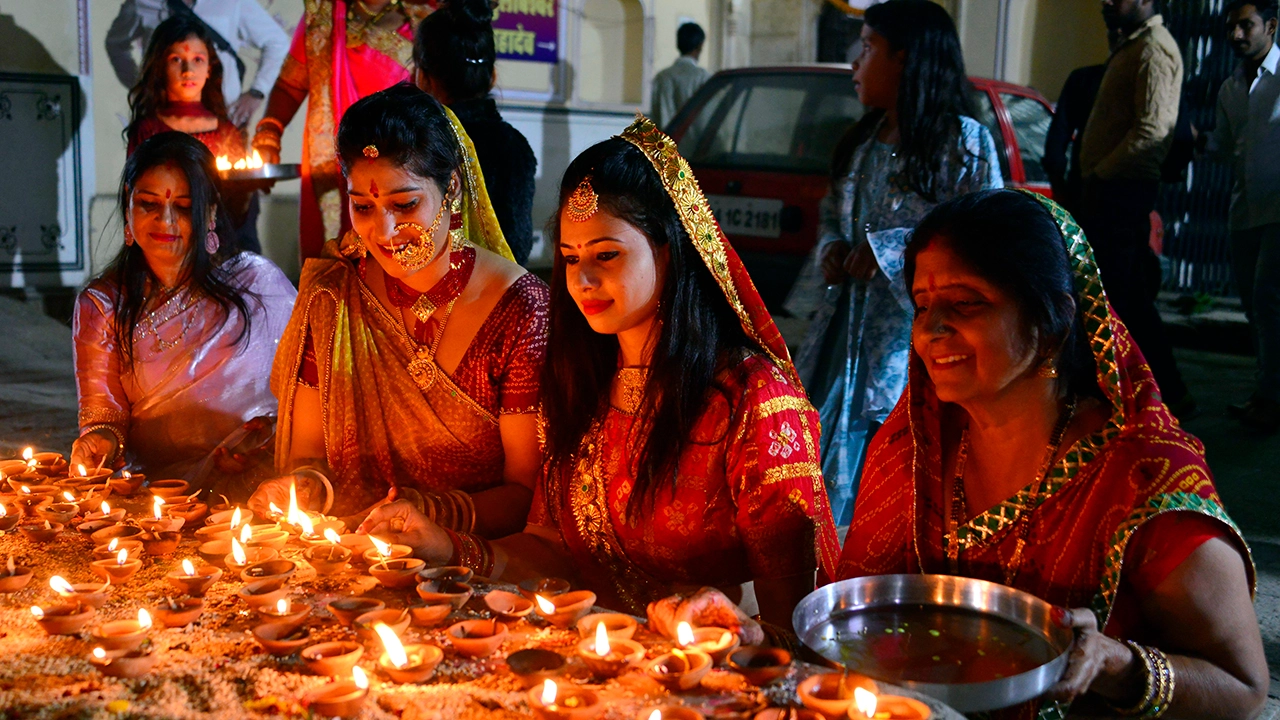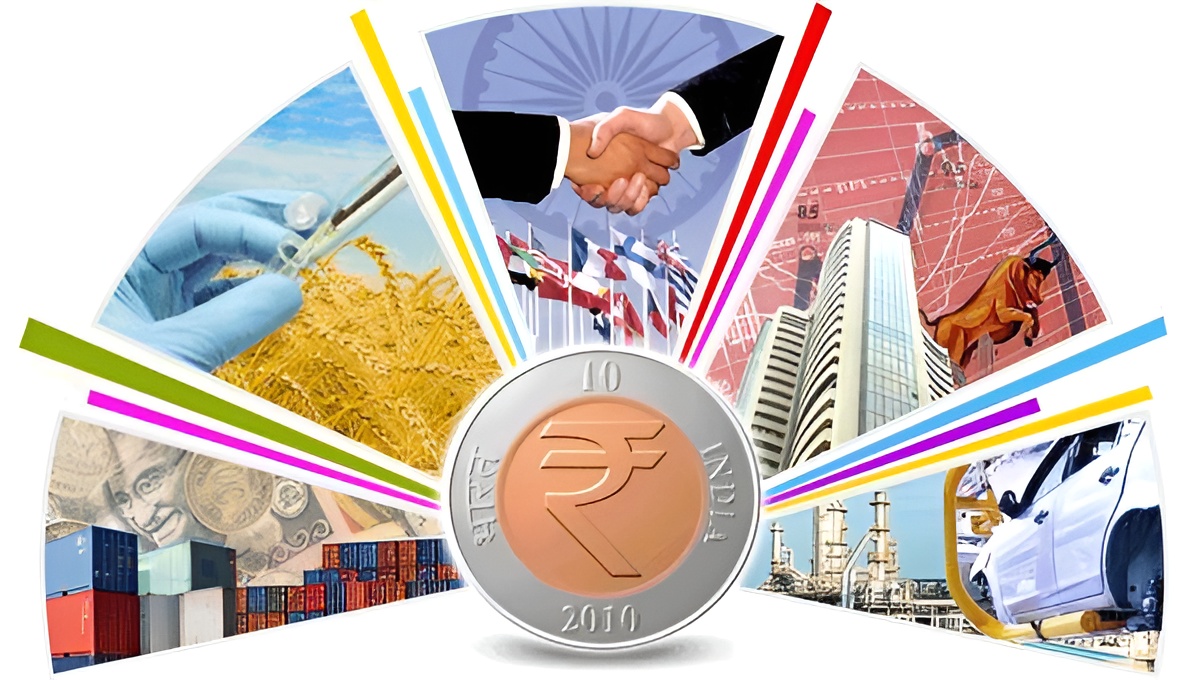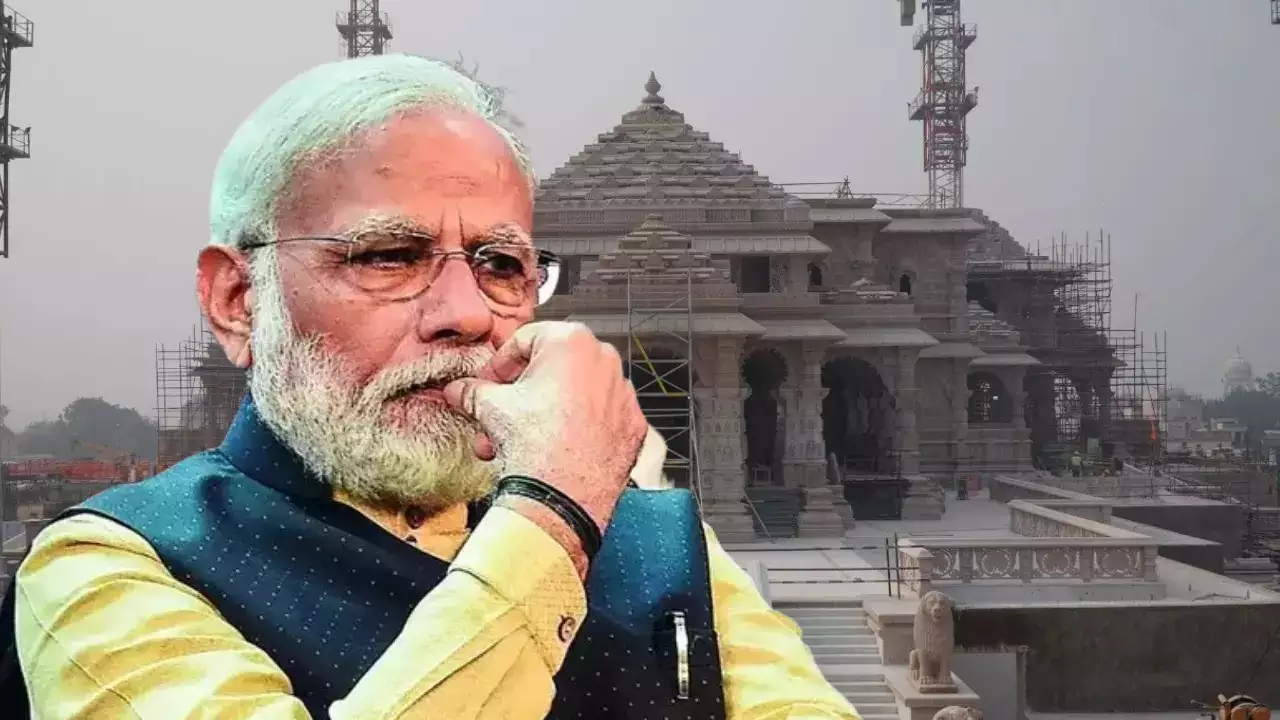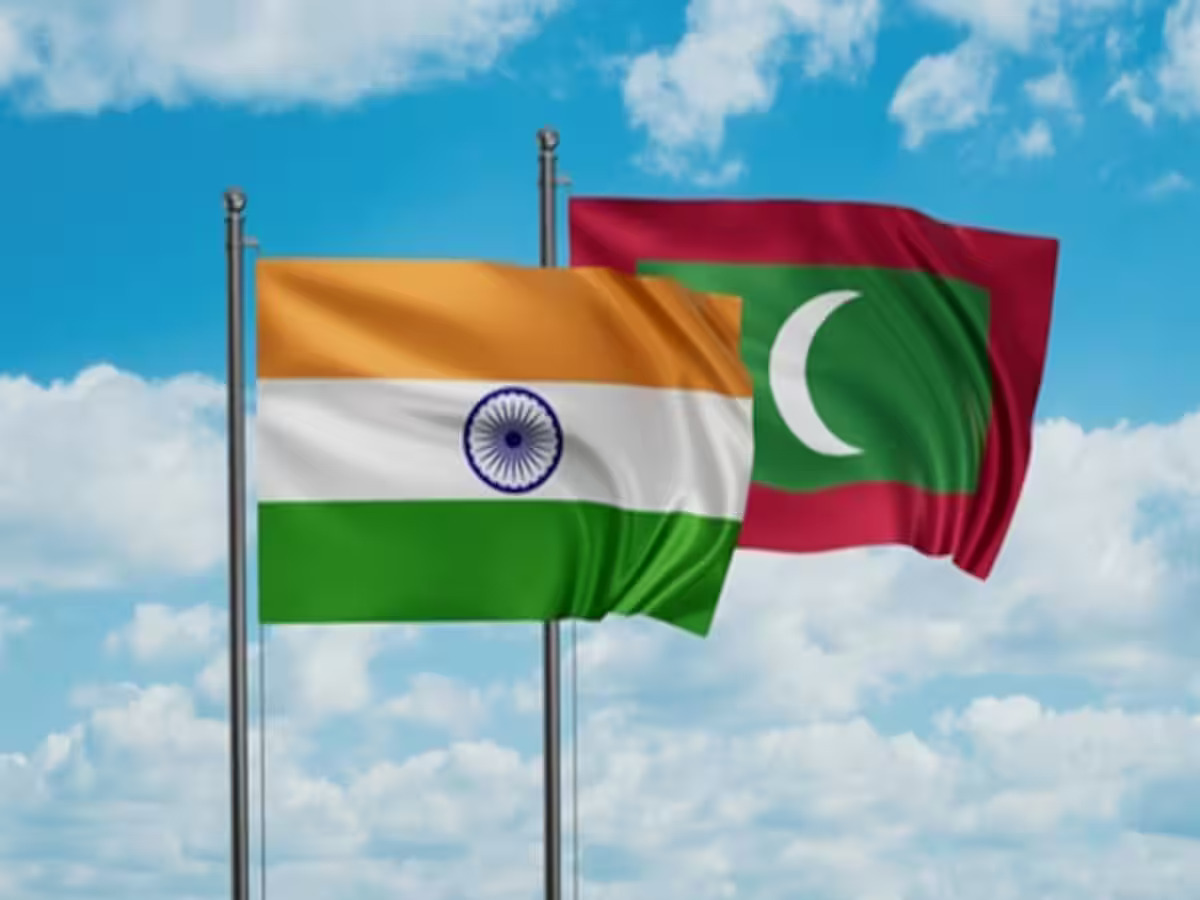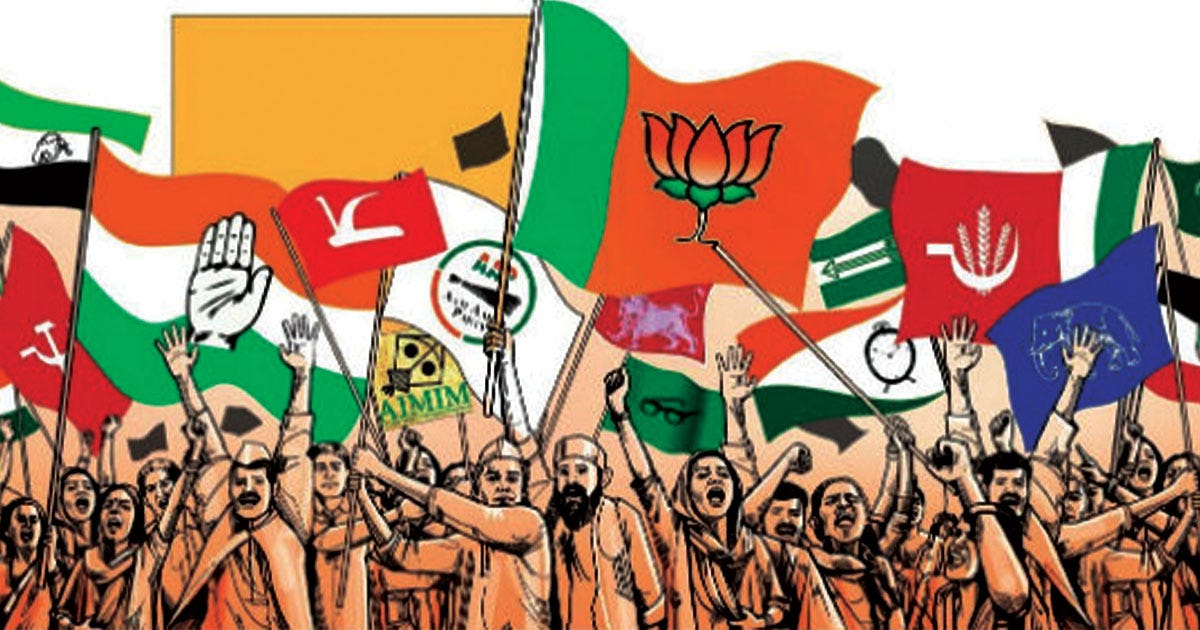The assertion that Hindus—especially non-resident Indians (NRIs)—only started embracing their identity and culture after Prime Minister Narendra Modi took office is a complex one that needs to be carefully considered. Modi undoubtedly contributed to the development of Hindu and Indian culture, but blaming his administration alone for the movement’s rebirth oversimplifies a complicated phenomenon with a political, social, and historical foundation.
First and foremost, it is imperative to recognise that Hindus have a strong sense of cultural and religious identity, even before Modi. Hinduism has a long history of absorbing many influences, developing inside India, and dispersing via trade and religious interaction throughout the world. Pride in India’s cultural legacy was rekindled by movements like Bhakti and the reformist movements of the 19th century. Long before Modi took office, figures like Gandhi and Swami Vivekananda actively promoted Indian culture around the world.
India prioritised nation-building after gaining independence, placing a high value on unity and secularism in the face of many religious and cultural traditions. The emphasis on national unity and modernity occasionally overshadowed the importance of Hindu identity, which resulted in a certain downplaying of Hindu pride, especially among certain urban elites and NRIs.
However, due to several causes, there was a resurgence of interest in Hindu customs and cultural activities in the late 20th and early 21st centuries.
Globalisation and diasporic communities: When non-resident Indians (NRIs) came into contact with Western cultural standards, they became more aware of their cultural differences and became re-interested in their cultural history, traditions, and spiritual practices.
India prioritised nation-building after gaining independence, placing a high value on unity and secularism in the face of many religious and cultural traditions. The emphasis on national unity and modernity occasionally overshadowed the importance of Hindu identity, which resulted in a certain downplaying of Hindu pride, especially among certain urban elites and NRIs.
However, due to a number of causes, there was a resurgence of interest in Hindu customs and cultural activities in the late 20th and early 21st centuries.
Globalisation and diasporic communities: When non-resident Indians (NRIs) came into contact with Western cultural standards, they became more aware of their cultural differences and became re-interested in their cultural history, traditions, and spiritual practices.
Search for identity and belonging: Many people, especially the younger generations looking for a feeling of stability, found comfort and a sense of community in their shared religious and cultural history in an era of individualism.
Disillusionment with secularism: Some people turned to alternative alternatives based on their cultural and religious beliefs as a result of their perception that secularism had failed.
The BJP’s emphasis on Hindu identity gave Hindus a venue to express pride and assert their political voice, leading to the rise of Hindu nationalism and Hindutva ideology.
Growth and trust in the economy: Modi’s economic initiatives were accompanied by an increase in national pride, which permeated cultural domains and resulted in a celebration of Indian heritage, particularly its Hindu roots.
Digital platforms and social media: The emergence of social media gave younger generations a voice by enabling them to interact, share experiences, and stand up for who they are.
Although Modi’s ascent accentuated these tendencies, it is imperative not to impute the revival of Hindu pride exclusively to him. Modi effectively leveraged pre-existing trends, striking a chord with Hindus yearning for a more robust sense of self and inclusion. His administration promoted a feeling of unity and pride among the diaspora by actively engaging with them.
Digital platforms and social media: The emergence of social media gave younger generations a voice by enabling them to interact, share experiences, and stand up for who they are.
Although Modi’s ascent accentuated these tendencies, it is imperative not to impute the revival of Hindu pride exclusively to him. Modi effectively leveraged pre-existing trends, striking a chord with Hindus yearning for a more robust sense of self and inclusion. His administration promoted a feeling of unity and pride among the diaspora by actively engaging with them.
